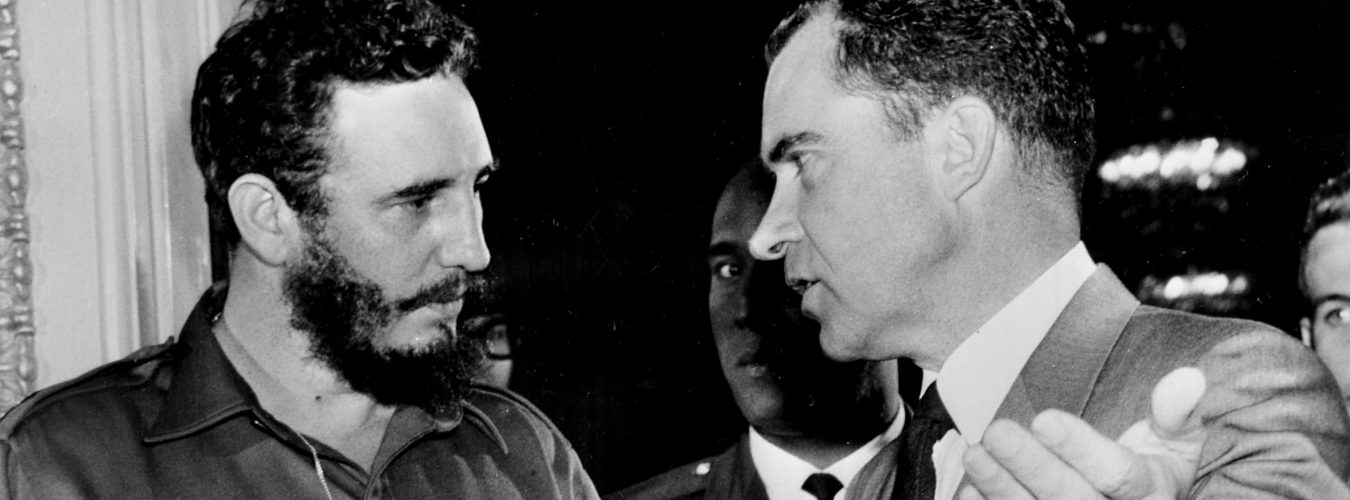
In February 1948, Czechoslovakia was Joseph Stalin’s next recruit for his Communist orchestra developing in the Eastern Bloc. The once democratically elected nation converted into a “People’s Democracy,” almost overnight. Reactionary forces, made up of Ministers of the Social Democratic Party initially resisted the accelerating support of Soviet ally Klement Gottwald, leader of the Communist Party of Czechoslovakia. But the 1948 coup d’état strategically mapped out an immediate overthrow.
The rapid success of the 48’ Coup demonstrated the intensity of Cold War efforts by Stalin. On February 20, Czech police had been replaced by men loyal to the Party. Radio stations were guarded and issued new directions. Special police regiments gathered in the outskirts of Prague. Only a day later, crowds receptive to the Communist movement assembled in Prague’s Old Town Square to hear Gottwald preach about how the nation will prevail over the dangers of democracy. On the 22nd, President Benes and remaining ministers of the opposition party were forced to resign to the powerful backing of Gottwald. Any lasting anti-communist marches followed Benes’ abandonment and feared of the Red Army that loomed so imminently. Furthermore, the events of late February and early March ignited a sense of urgency in the Western Hemisphere. The Marshall Plan gets approved about a month after the 48’ Coup (April 3rd). And the growth of Stalin’s Soviet orbit shifted Congress to respect the strength of Communism despite its geographical distance. The billions of dollars in relief for European recovery enabled the U.S. to get their foot in Europe. And as the New York Times 1948 coverage indicated, their intervention was essential to combat growing fear of Communism.
In March of 1948, Former Czech foreign minister Jan Masaryk was found dead below his bathroom window, forming speculations of suicide and alleged murder from the Communist government. The death of Masaryk, as covered by the New York Times, created immense emotions not just on the ground in Czechoslovakia but also the rest of Eastern Europe. Fear of a Soviet sweep flushed throughout West Germany. On March 8th, Jack Raymond of the New York Times described an “atmosphere of fear” among bizonal officials. The fear derived from the efficiency of the 48’ Coup. Raymond critiques the U.S. lack of involvement in Czechoslovakia through the German line of thinking, “Czechoslovakia was truly democratic country, which is more than we can say for ourselves, yet look what happened to that country”. Germany was far more unstable than Czechoslovakia, and the question German officials posed was, “‘who is going to save us from the same fate?’” This proved that the Czech Coup was monumental in creating an authoritative identity for the Soviet Union. The anticipation of Communist strike, as reported by the New York Times, unveiled the longing for U.S. protection. In the U.S., some officials admitted that “‘no man of courage’ had revealed himself to date.” The expression “man of courage” meant declaring opposition to the Soviet orbit, shedding light to the absence of Capitalist foot. The New York Times coverage of 1948 Czechoslovakia, as well as the attitude developing in adjacent nations were vital in helping the energy for Congress to pass the Marshall Plan, which served as a symbol for the start of the Cold War.
Works Cited:
Melvyn P. Leffler, For the Soul of Mankind: The United States, the Soviet Union, and the Cold War. New York: Hill and Wang, 2008.
Campbell Craig and Fredrik Logevall, America’s Cold War: The Politics of Insecurity. Cambridge, MA: Harvard University Press, 2020. 2nd Edition.
Jack Raymond, “Germans Alarmed at Masaryk Death: Fear of Russian Sweep into Western Zones is Reported to Impede Bizonal Plans.” New York Times (1923-Current File), March 11, 1948. 1.
Edmund Stillman, “Twenty Years After the Prague Putsch, it is Relatively Easy to See the Lessons of the Fall of Czechoslovakia: Fall of Czechoslovakia Defenestration.” New York Times (1923-Current File), February 18, 1968. 1.
Cartoon titled, “Three Comments from Overseas on the Communist Coup in Czechoslovakia”, New York Times (1923-Current File); March 14, 1948; 1.
